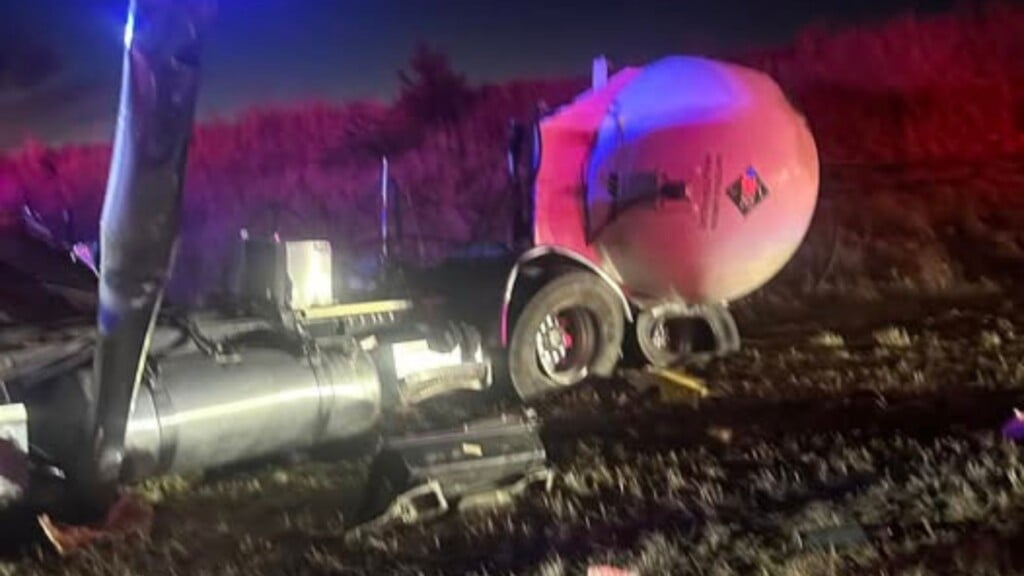UNL engineers are working to protect military bases from electric vehicle attacks
LINCOLN, Neb. (KLKN) – A team of UNL researchers just earned $2.2 million in funding to protect U.S. military bases from a potential threat by upgrading their entryways.
The engineers, who are part of the Midwest Roadside Safety Facility at the University of Nebraska-Lincoln, are developing barriers that can better handle attacks from electric vehicles.
Cody Stolle, the assistant director of the facility, said EVs can easily outweigh gas-powered vehicles by thousands of pounds, have a lower center of gravity, and accelerate quicker.
That means guardrails and other barriers at military installations need to be specially engineered to withstand high-speed ramming from EVs.
“Electric vehicles are a new kind of a threat,” Stolle said. “The biggest and most important factor that’s being done to improve these barrier systems right now is improve their capacity.”
Stolle said UNL has worked with the Department of Defense for about 10 years on various safety projects that keep out vehicles.
He said the entryways to military bases are similar to airport security checkpoints, where there are multiple screenings despite a low risk of threats.
“We want to make sure that if it happens that we are fully prepared, so we do not allow those types of hostile vehicles to create damage,” he said.
The EV market has seen exponential growth over the last few years, according to the International Energy Agency.
In 2022, 14% off all new cars were electric. That’s up from about 9% in 2021 and less than 5% in 2020.
He said another threat EVs pose is that if their batteries catch fire, it can be much more difficult to put out.
But he also said they have potential for better safety features than gas cars.
Stolle pointed to electric cars having more empty space in the front since they don’t have a combustion engine. That means those inside the car are more likely to survive impact from a head-on crash.
Stolle said the project’s innovations can ultimately be used in non-military settings as well.
The UNL engineers say more research will be beneficial for everyone, as electric vehicles continue to change the way our roads are kept safe.



